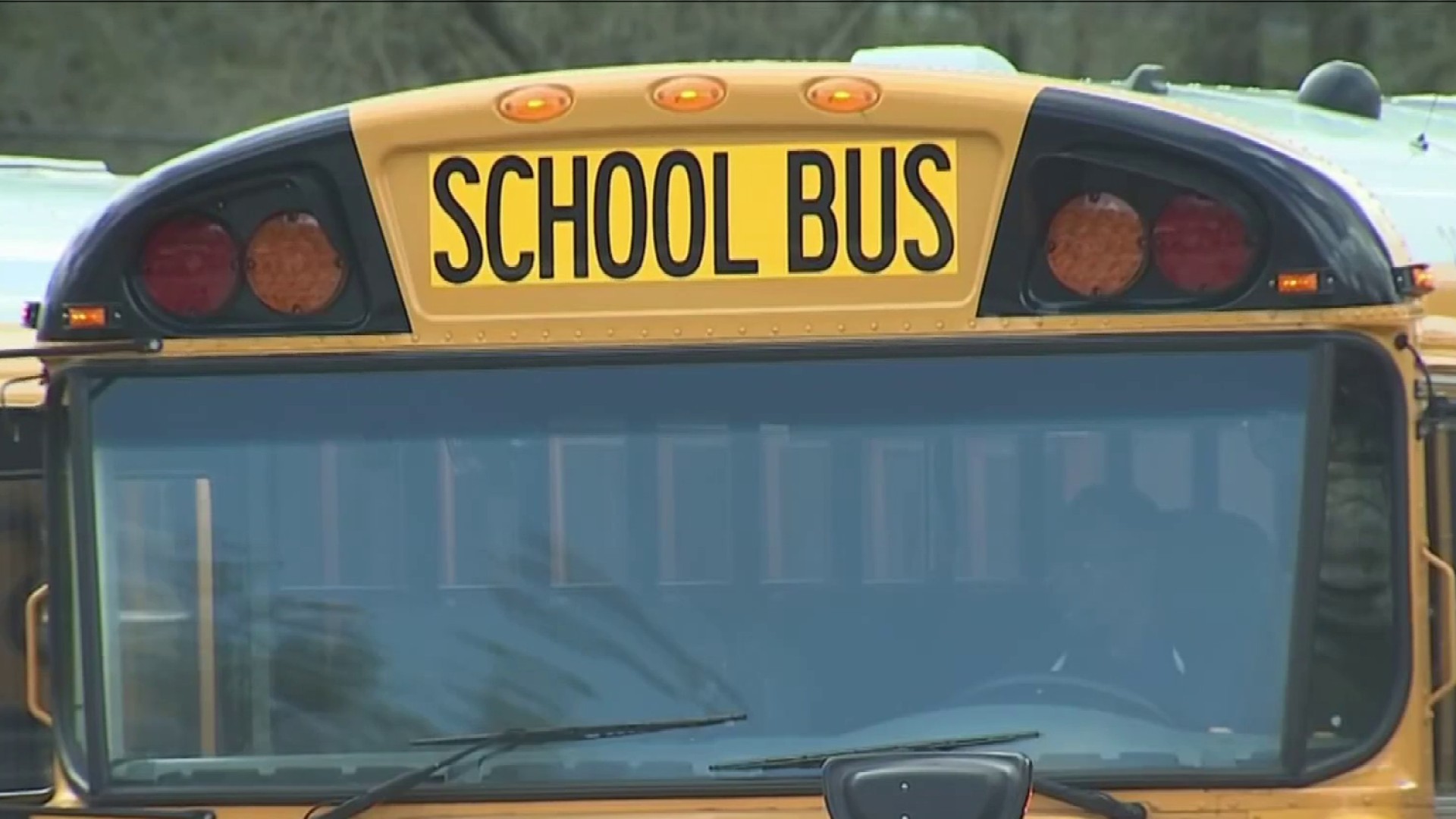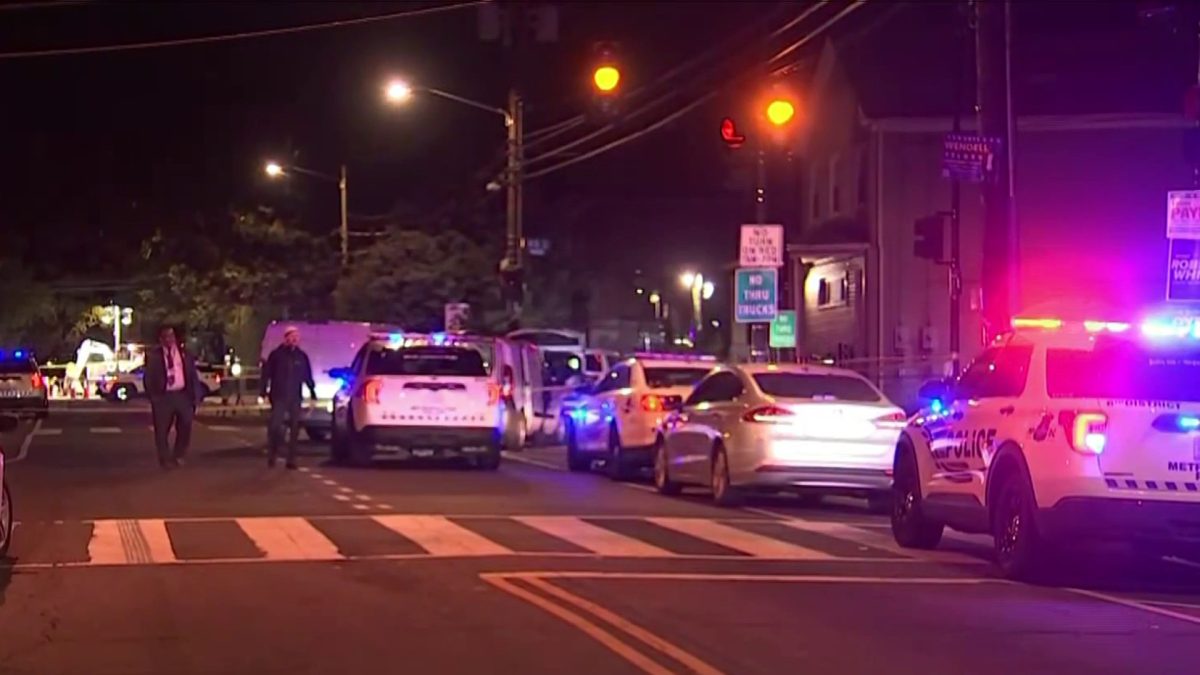A panel of Maryland lawmakers reached a hard-fought compromise Saturday night on a measure to make major reforms to the state's correctional system.
The agreement reached by House and Senate negotiators puts the bill on a path for passage by the legislature, which adjourns Monday at midnight. The bill, which is months in the making, aims to save money by incarcerating nonviolent inmates less and investing savings in drug treatment.
``It tackles issues all over the criminal justice system,'' said Sen. Robert Zirkin, D-Baltimore County. ``It tackles everything from when somebody gets arrested, to their sentencing, to what happens when they're in jail, to treatment options, to what happens years later when they're trying to clean their own record and everything in between.''
Sen. Kathleen Dumais, D-Montgomery, said after the tough negotiations: ``It was a major undertaking.''
The bill eliminates mandatory-minimum sentences for nonviolent, mid- to lower-level drug dealers. It also includes provisions resembling a bill supported by Gov. Larry Hogan that would model state law after the federal Racketeer Influenced and Corruption Organization Act to help better prosecute drug traffickers. It also includes provisions for victim restitution.
Lawmakers finished work on a bill to strengthen the state's equal pay law by prohibiting businesses from retaliating against employees for discussing or disclosing salaries, sending it to Hogan's desk. For some, though, lawmakers were cutting it too close on significant legislation.
Rich Leotta, the father of a Montgomery County police officer who died last year after being hit by a drunken driver, came to the capital to once again urge lawmakers to pass the strongest version of a bill to require ignition interlock devices in vehicles of all drunken drivers on first offense. While the House and Senate passed legislation earlier in the session, Leotta said he didn't think he would be ``fighting for this tooth and nail'' with two days left in the session for the strongest version of ``Noah's Law,'' which is named for his son.
Local
Washington, D.C., Maryland and Virginia local news, events and information
``So we're having this roller coaster ride _ this roller coaster ride _ to get to this point today, and we're still struggling to get the strongest bill out, which is the Senate version,'' Leotta said, with his wife and police officers by his side at a news conference in a statehouse hallway.
The stronger measure passed by the Senate would require ignition interlock systems to be installed in vehicles right after someone blows a .08 or higher in a breath test. The House bill that doesn't require ignition interlock until the driver is convicted of drunken driving. Ignition interlock requires drivers to blow into a device that prevents vehicles from starting if drivers have had too much to drink.
Lawmakers also will be negotiating some substantial differences in a modest tax-relief plan. The Senate includes tax cuts to the state's four highest tax brackets as well as tax relief for low-income workers and a small cut for middle-income workers, while the House focuses relief to middle- and low-income workers.
Lawmakers have work to do on a police reform bill. The lengthy measure is the product of months of work by a panel that was convened shortly after the Baltimore riots last year following the death of Freddie Gray, who was injured in a Baltimore Police Department van and later died. The measure not only changes policies on how police are disciplined, but also in how they are trained and hired. A key difference in the bills relates to whether civilians would have voting powers on boards that review complaints against police.
House Speaker Michael Busch, D-Anne Arundel, said he is hopeful lawmakers will reach accord on the major issues before session ends.
``I think, everything considered, I think we're in pretty good shape going into Monday,'' the speaker said.



